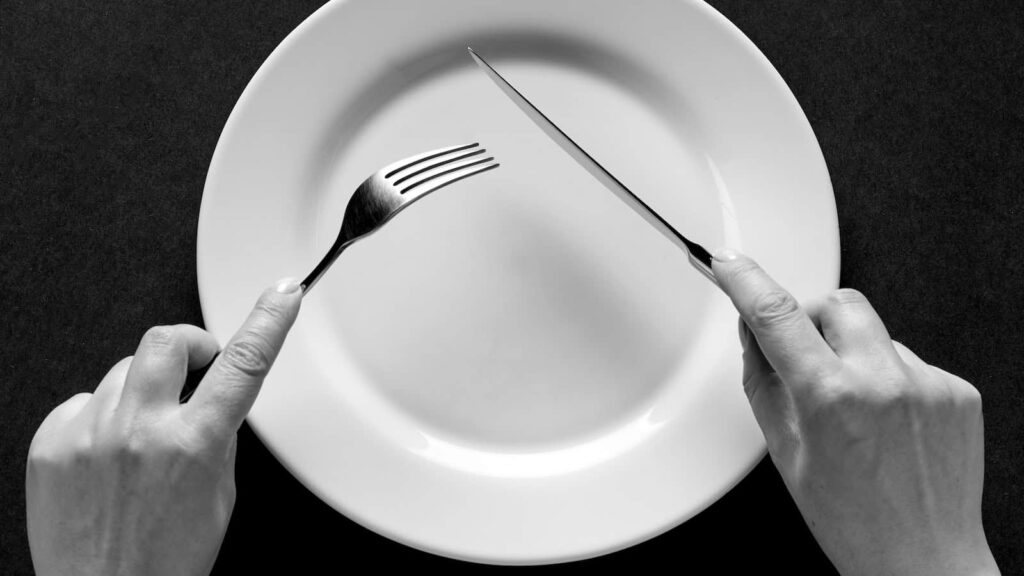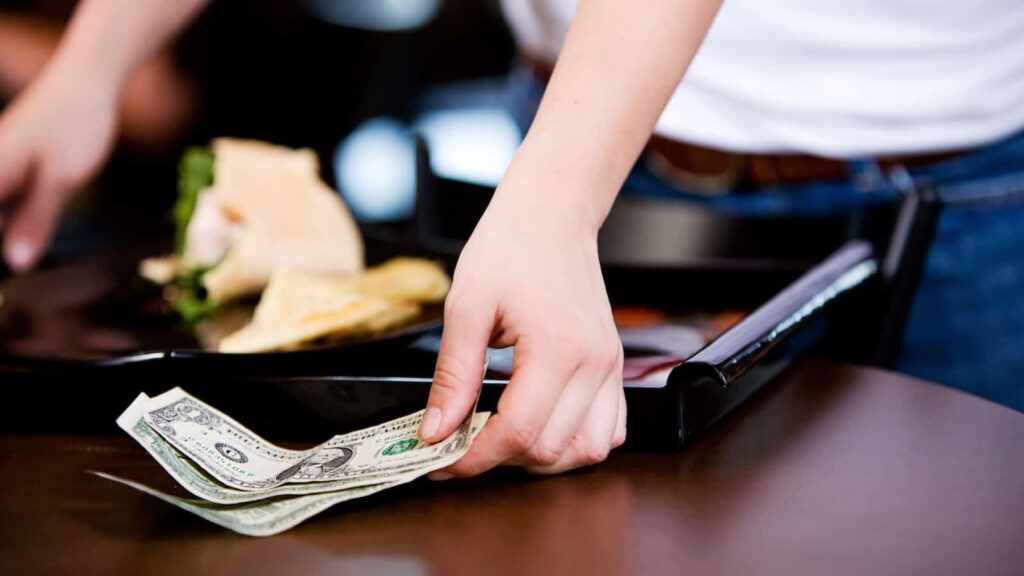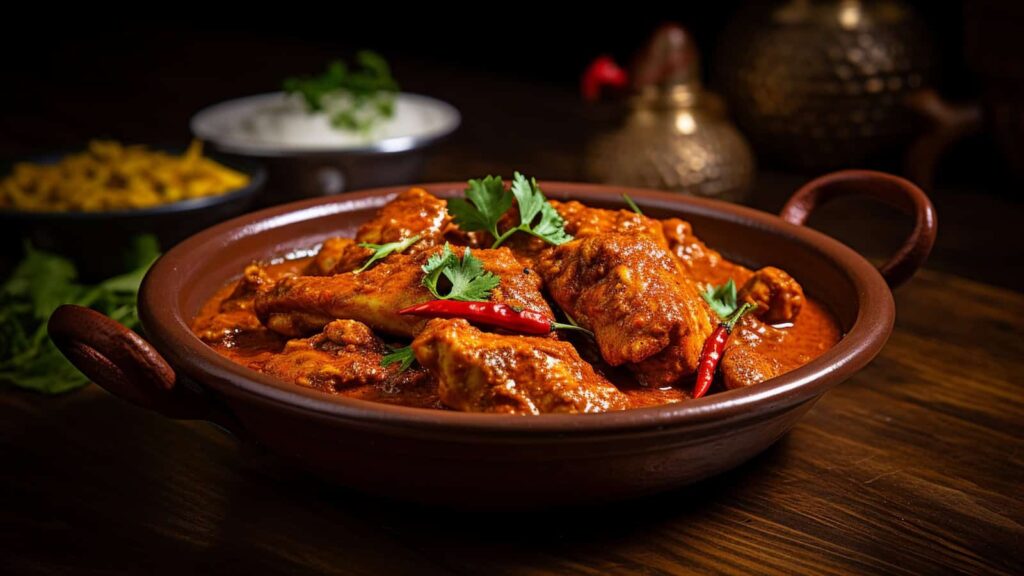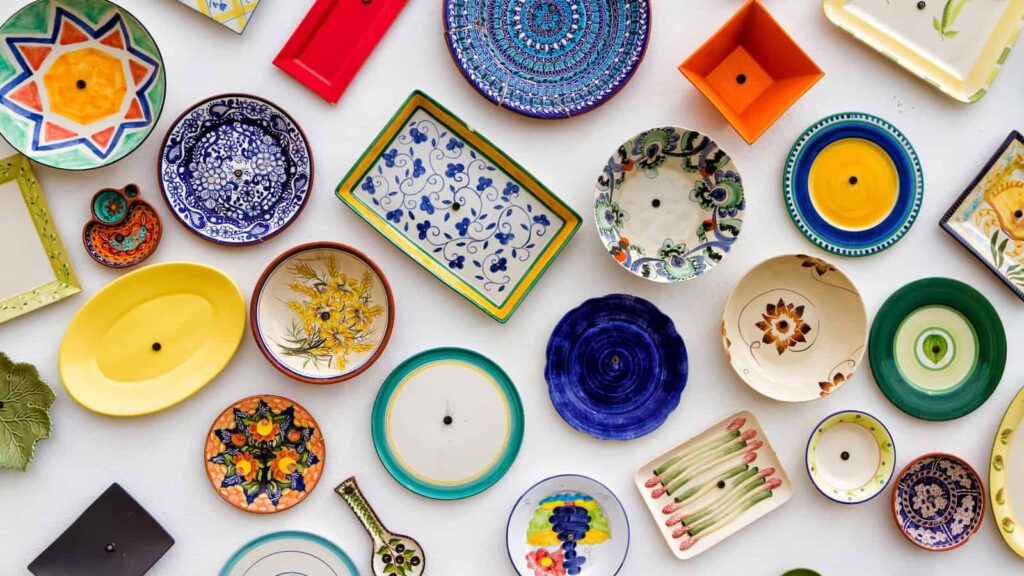15 Unexpected Dining Rules Across the Globe
15 Unexpected Dining Rules Across the Globe

Exploring dining customs around the world reveals some fascinating and unexpected rules that might surprise you. Each country has its own unique traditions that can be quite different from what you might be used to. Here, we explain some of these interesting dining etiquette practices from various corners of the globe.
1. Japan – No Tipping

In Japan, tipping is considered impolite. The culture emphasizes great service as a standard expectation, so leaving extra money for waitstaff can be seen as suggesting they need additional incentive to do their job well, which can be insulting.
2. Italy – No Cappuccino After 11 AM

In Italy, a cappuccino is typically enjoyed as a morning drink. Italians believe that milk-heavy drinks after a meal can be hard on digestion, so ordering a cappuccino after 11 AM, especially after lunch, is frowned upon and might earn you a puzzled look from the waiter.
3. Korea – Don’t Lift Your Soup Bowl

In Korea, it is considered improper to lift your soup bowl from the table while eating. Unlike some cultures where picking up the bowl to sip from it is normal, in Korea, the bowl should remain on the table to show manners and respect.
4. Thailand – Forks Are for Pushing, Not for Eating

While eating in Thailand, you should use your fork to push food onto your spoon. The spoon is the primary utensil for bringing food to your mouth. Using a fork directly for eating is not common, and sticking to this practice shows respect for local eating habits.
5. China – Don’t Finish Everything to Signal You’re Done

In China, leaving a little bit of food on your plate indicates that you are satisfied and that the host has provided enough food. Polishing off every grain of rice can suggest that you are still hungry and that the host didn’t provide a sufficient meal, which can be seen as rude.
6. France – Bread Goes on the Table

In France, your piece of bread belongs directly on the table rather than on your plate. This practice might seem odd to some, but in French dining, it is customary to place the bread next to your plate on the tablecloth.
7. India – Eating with Your Hands

In many parts of India, it is common to eat with your hands, particularly with the right hand. Eating with your hands is an integral part of the Indian dining experience and is thought to enhance the sensory connection to the food.
8. Middle East – No Left Hand for Eating

In many Middle Eastern countries, the left hand is considered unclean and should not be used for eating. This rule is strictly observed, especially when dining in public or with others. The right hand should always be used for eating.
9. Russia – No Whistling at the Table

In Russia, whistling while at the dining table is thought to bring financial hardship or loss. This superstition is taken seriously, and whistling during a meal is strongly discouraged.
10. Egypt – Salt is Offensive

In Egypt, adding salt to your meal can be seen as an insult to the chef’s abilities. If you add salt before tasting the food, it implies that you assume the food is not properly seasoned, which can be disrespectful to the chef or host.
11. Chile – Hands Off the Fruit

In Chile, even when eating fruit, it is customary to use utensils. Using your hands to eat fruit is considered impolite, and adhering to this rule shows respect for local dining etiquette.
12. England – Peas Are Pushed With a Fork

In England, the proper way to eat peas is by pushing them onto your fork with the back of the utensil rather than scooping them up. This method is considered more refined and is widely practiced across the country.
13. Ethiopia – Sharing From a Common Plate

In Ethiopia, sharing food from a common plate is a way of building and strengthening bonds among those who are dining together. This communal eating practice is deeply rooted in the Ethiopian culture and symbolizes unity and loyalty.
14. Portugal – Don’t Ask for Salt and Pepper

If you’re dining in Portugal and don’t see salt and pepper on the table, it’s best not to ask for them. It’s assumed that the food is already seasoned to perfection, and asking for additional seasoning can be seen as questioning the chef’s judgment.
15. Mexico – Tacos Are a Finger Food

In Mexico, tacos are traditionally eaten with your hands. Using utensils to eat tacos can seem odd and overly formal. Embracing this finger-food method is part of enjoying the authentic Mexican taco-eating experience.
11 Things American Supermarkets Do Without Realising How Weird It Is

Read More: 11 Things American Supermarkets Do Without Realising How Weird It Is
10 Restaurant Habits Americans Don’t Realize Are Weird For Foreigners

Read More: 10 Restaurant Habits Americans Don’t Realize Are Weird For Foreigners
We are Mary and Eric, the founders of Be Right Back, a blog dedicated to romance around the globe and at home.
We are Mary and Eric, the founders of Be Right Back, a blog dedicated to romance around the globe and at home. With over 10 years of experience in dating and traveling to romantic places, we share our favorite date ideas and romantic destinations to help couples level up their relationships. Having lived in and traveled through the USA, we also share our favourite things to do in the States.
With 70,000 monthly readers and 16,000 followers on social media, Be Right Back is your go-to resource for romantic trip ideas and couple activities at home and abroad.
